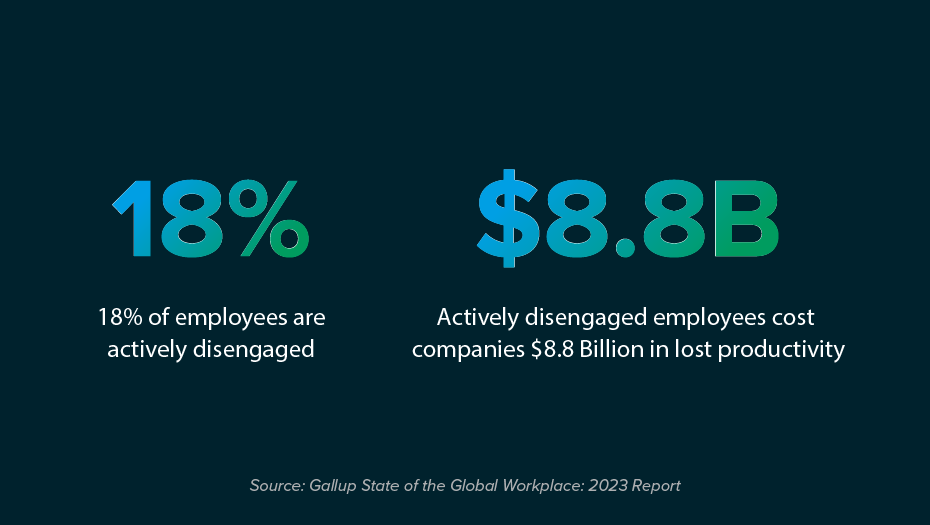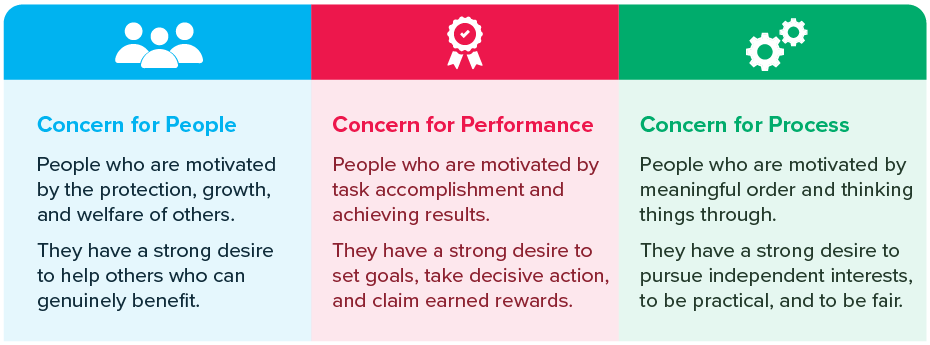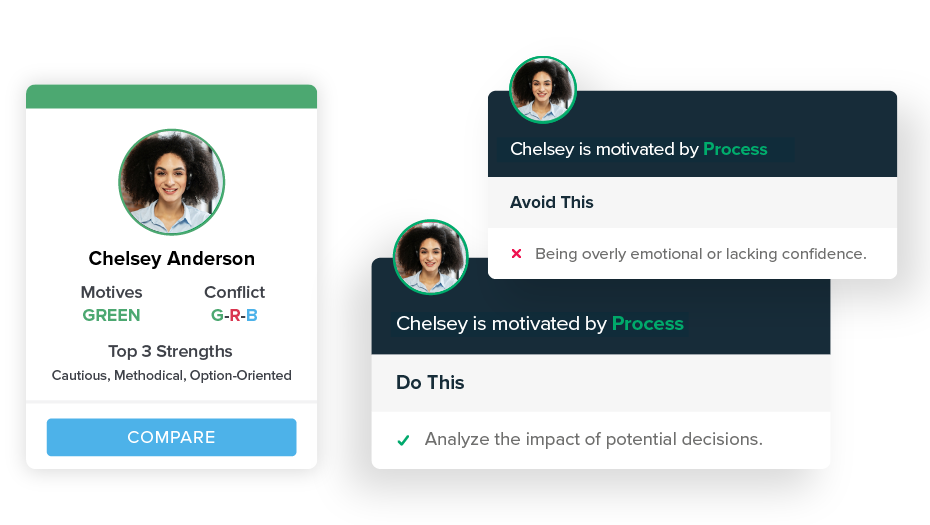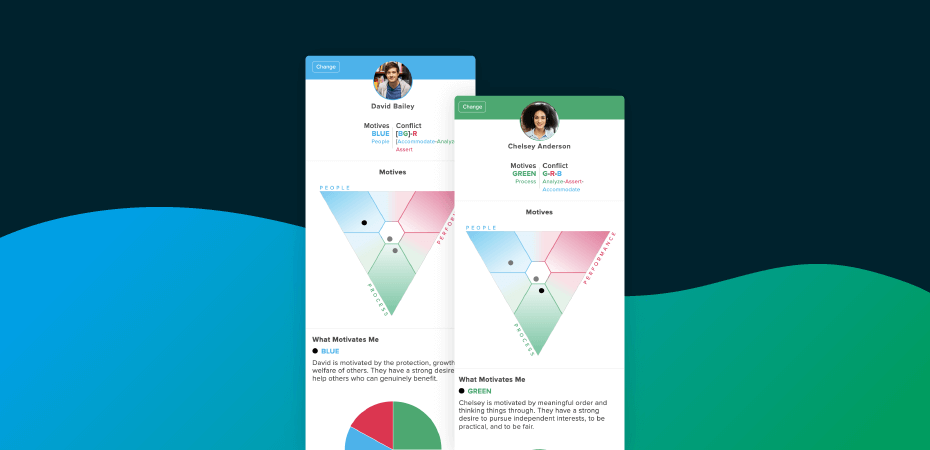Often, when someone learns what I do for a living, they’ll ask me how they can make their job more meaningful. My short answer is:
- Know what matters to you and those you work with.
- Work on developing Relationship Intelligence (more on that later) so you can expand your ability to authentically appreciate working with a diverse group of people.
Unless there is a concerted effort to help people understand what matters to them and to others, then people will continue to show up to work and try to do all the right things, wondering why they don’t find their work meaningful.
The frustration from this lack of meaning builds up over time, and can turn an employee who genuinely wants to be engaged into one who is actively disengaged. In fact, 18% of the employee population reports active disengagement, or “having miserable work experiences and spreading their unhappiness to their colleagues.” Actively disengaged employees lower customer experience, work quality, and communication across the organization. They also leave their jobs at higher rates.

In the quest to solve the problem of low engagement—otherwise known as a problem of high disengagement—leaders often focus on the organization’s environment in hopes that ping pong tables, a better cafeteria, and on-site daycare or dry cleaning will address the aspects of employment that frustrate people most.
While many of these benefits are valuable for financial or convenience reasons, they will not change engagement because they don’t change the level of meaning found in the work. And meaning is upstream from engagement. You can get results without highly engaged employees (within limits) but if you want to get consistently good results and true engagement, people need to do work they find meaningful. The ability to do meaningful work will lead to engagement and results automatically.
How do you know what’s meaningful to people?
To find meaning in our work, we need to truly believe that we matter, and that we are part of something that matters. But as a leader, how do you help a disengaged employee develop those beliefs?
You need to learn how to connect the work that needs done to what the employee innately finds meaningful. And it’s not as hard as you think to learn what your employees find meaningful. At a high level, everyone is motivated by some combination of concern for people, performance, and process.

When you take the SDI 2.0 assessment, you’ll get a full portrait of how all three blend in your personality, but even if you haven’t taken the assessment yet, keep reading. You’ll probably recognize one of the colors as most, or least, like yourself. Most people have one or two primary motives, and some people balance all three.
Understanding your own motives and those of each of your employees is key to making work more meaningful for them. In fact, once you give people the language of motives, they will start to see areas where their work is aligned with their motives, and feel those parts of their work matter more.
For example, my former employee has process motives and prefers structure. The work environment had more freedom, such as an open floor plan and unlimited remote work. She used to feel uneasy and disengaged in a setting where she felt she couldn’t do her best work. Once she understood that she was motivated by process, she used that self-awareness to create her own structures and found work much more meaningful as a result.

But the skill that will help an employee truly believe that they matter—and that they are part of something that matters—is Relationship Intelligence (RQ). RQ means putting those insights about your own and others’ motives into action. (Read this blog for a deep dive into RQ.)
The power of developing motive-based relationships
When you focus on developing Relationship Intelligence in your workplace community, you will establish motive-based relationships that transform everyone’s experience at work. When people intentionally relate to each other at the level of their motives (people, process, and/or performance) when they interact and collaborate—both when things are going well and when there is conflict—work becomes more meaningful.
In a good relationship, people look for ways to integrate what is meaningful for both parties and often find common ground about something that matters to both, rather than every individual feeling like the ‘main character’ and expecting others to adjust to their preferred ways of working. When people know what matters to each other, they honor and integrate what matters to each other—so all members of the team genuinely feel they are part of something that matters.

The way RQ leads to meaningful work is not by changing the work itself, it’s by changing the experience of work.
At a small pharma company ten years ago, engagement on the sales team was low. Two other competitors were about to launch into their space with potentially better products, and the sales reps wondered whether it would even matter if their employer closed up shop.
Their leader, the VP of sales, understood that his team was motivated by a combination of performance and people. He could have spoken to both motives by focusing on the Parkinson’s patients their product served and the need for results to help them. But that wasn’t enough; their competitors’ products would help Parkinson’s patients, too.
So, he took a different tactic. He spoke to the team about how their employer was one of the leading Alzheimer’s researchers, and how every dollar they brought in through sales of the Parkinson’s drug funded a potential future treatment for Alzheimer’s. He used RQ to connect both the desire to help people (resonant with people motives) and the challenge to hit ambitious targets (resonant with performance motives) to the seemingly disengaging work that needed to be done. And it worked; funding Alzheimer’s research became the team’s purpose and engagement soared.
That research was ultimately influential in the development of Leqembi, a groundbreaking Alzheimer’s treatment that launched in 2023, that will change countless lives of people and families living with the devastating effects of Alzheimer’s.
For leadership, helping people find meaning before you make changes to the organizational system may save you the significant costs of time, talent, and money. And if a systemic change is needed, understanding the mosaic of motives across your organization and managing change using RQ will increase the likelihood those changes are received positively.
Empowering people to realize they influence their own engagement
Many people, especially the younger generation, have been well served by the belief that they deserve to look for meaning in their work—but they may not realize they’re the main player in finding it.
The great thing about tools like the SDI 2.0 assessment and Relationship Intelligence workshops are that they both open the door to finding meaning and empower people in the organization to walk through it.
Sometimes work is hard, disappointing, and causes self-doubt. But the things that people think will make them happier when they experience a period of discomfort—changing jobs or teams, or even getting a good raise—don’t remove the moments of discomfort that come with every job. And what younger people may not yet have learned, a good amount of discomfort is often the prerequisite to a meaningful achievement, so there’s value in sticking it out.
Of course, there’s an important line between the struggle and uncertainty that leads to a meaningful achievement and being on the receiving end of abuse. But if people know what matters to them, they’re capable of understanding the difference between acceptable and unacceptable suffering—and working through acceptable suffering to learn and grow beyond what they had imagined possible.
Does your organization understand the necessity of a commitment to motive-based relationships?
Making work meaningful is neither the sole responsibility of employers or employees. The responsibility—and the opportunity—is in co-creating the relationship, thus co-creating meaning in work.
Fostering relationships grounded in motive is not a hack or a quick fix to engagement. It’s a long-term, sustainable solution that organizations can’t afford to live without.
Get started today. Learn about the Results Through Relationships workshop from Core Strengths.







